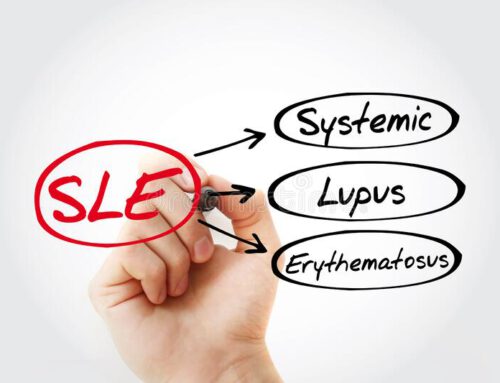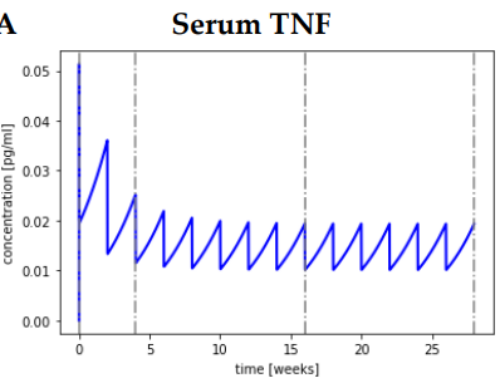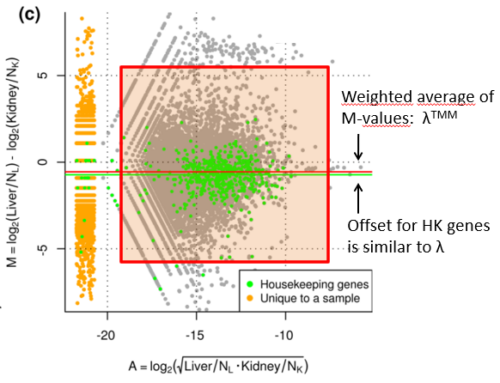Bioinformatics I and II (Computational Sciences; Elective Course)
Coordinator: prof. dr. Antoine van Kampen
Teachers: prof. dr. Antoine van Kampen and dr. ir. Perry Moerland
Program: Master Computational Sciences (UvA)
Study load: 6 EC
Bioinformatics I: Semester 1 (period 1, September/October; 6 weeks)
Bioinformatics II: Semester 2 (period 2, April/May; 6 weeks)
Bioinformatics I and II (Computational Sciences; Elective Course)
Coordinator: prof. dr. Antoine van Kampen
Teachers: prof. dr. Antoine van Kampen and dr. ir. Perry Moerland
Program: Master Computational Sciences (UvA)
Study load: 6 EC
Bioinformatics I: Semester 1 (period 1, September/October; 6 weeks)
Bioinformatics II: Semester 2 (period 2, April/May; 6 weeks)
Description
In Bioinformatics I or II we define individual projects for the students to work on the bionformatics analysis of OMICS data, or the computational modelling of a biological system. The bioinformatics group will be assigned a project by Perry Moerland. The computational modelling group will be assigned a project by Antoine van Kampen.
For this course we do not make a pre-defined schedule. Instead, a schedule for the progress meetings (see below) and deadlines will be defined during the kick-off meeting based on the schedules of the students. However, the assigned projects need to be finished within 6 weeks and, therefore, we will define a strict end point.
Schedule
Week 1.
- Kick-off meeting / introduction to course/topic.
- Brief literature review about the topic. You will retrieve (at least) two additional papers about the topic on which you will base your literature review.
Week 2.
- Progress meeting 1. Powerpoint presentation about the topic/literature (15 minutes)
- Start of practical work
Week 3-6.
- Practical work. Based on your assignment/topic, you will work on the statistical analysis of omics data, or the modelling of a biological system with differential equations.
- Two progress meetings to discuss the status of the project and results. During the progress meeting the student provides a powerpoint presentation (15 minutes).
Week 6
- Final presentation of the practical work (20 minutes). During the final presentations the students from both groups will be present.
- Report (10 pages including figures/tables but excluding references) describing the topic, literature review and results from the practical work.
Resources for the computational modelling group
(Antoine van Kampen)
The videos below are based on Chapter 8 from
Alberts B., Johnson A., Lewis J., Raff M., Roberts K., Walter P. (2014) Molecular biology of the cell. Sixth edition. Garland Science, NY.
Example of lecture about systems modelling (in Dutch)
Resources for the Bioinformatics group
(Perry Moerland)
Epigenetic effects including the methylation of DNA sequences affect tumour development, tumour progression, and therapy resistance. Sequencing-based whole genome approaches have recently been used to measure DNA methylation states in cancer patient samples, but remain prohibitively expensive for large studies. On the other hand, much more affordable microarray-based experiments have been widely used on large patient cohorts, but only cover 2-3% of the methylation sites in the human genome. Therefore, there is a need for computational methods that predict whole genome methylation states from the subset of sites measured on microarrays. In this project you will use machine learning approaches for genome-wide prediction of methylation states.
- A short video explaning the role of DNA methylation in cancer
- Another short video explaining how to measure DNA methylation and how to analyze the resulting data
- The Genomic Data Commons Data Portal contains DNA methylation data from thousands of samples from a wide range of different tumours









